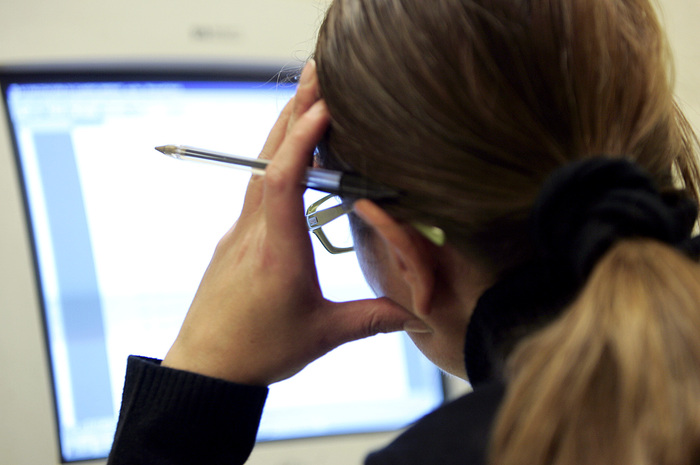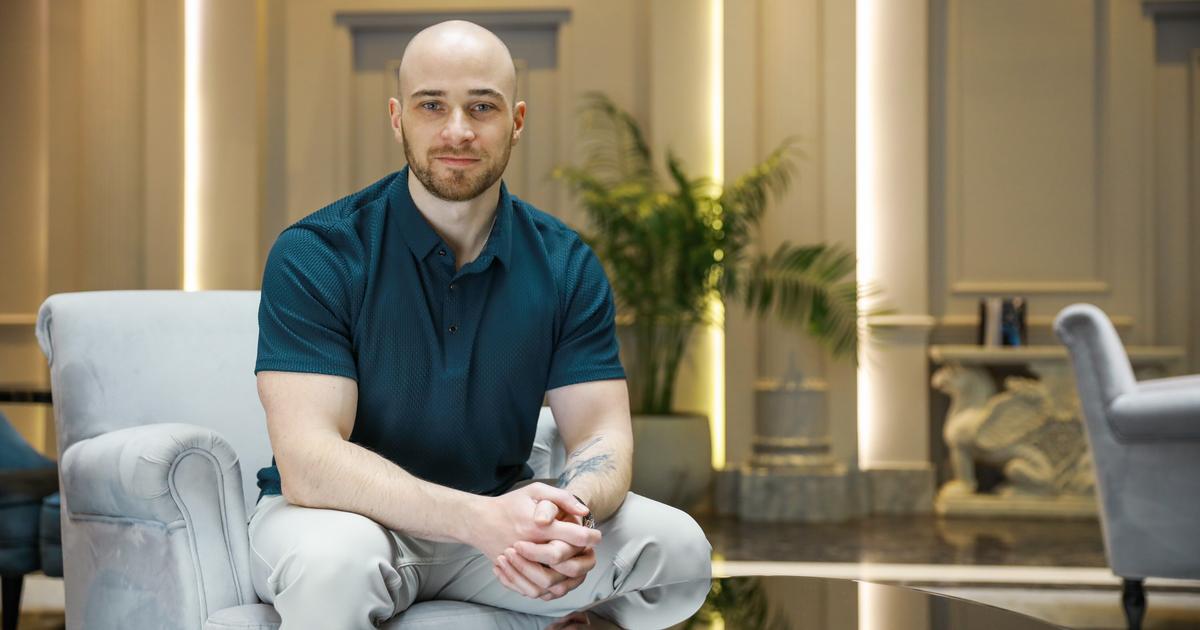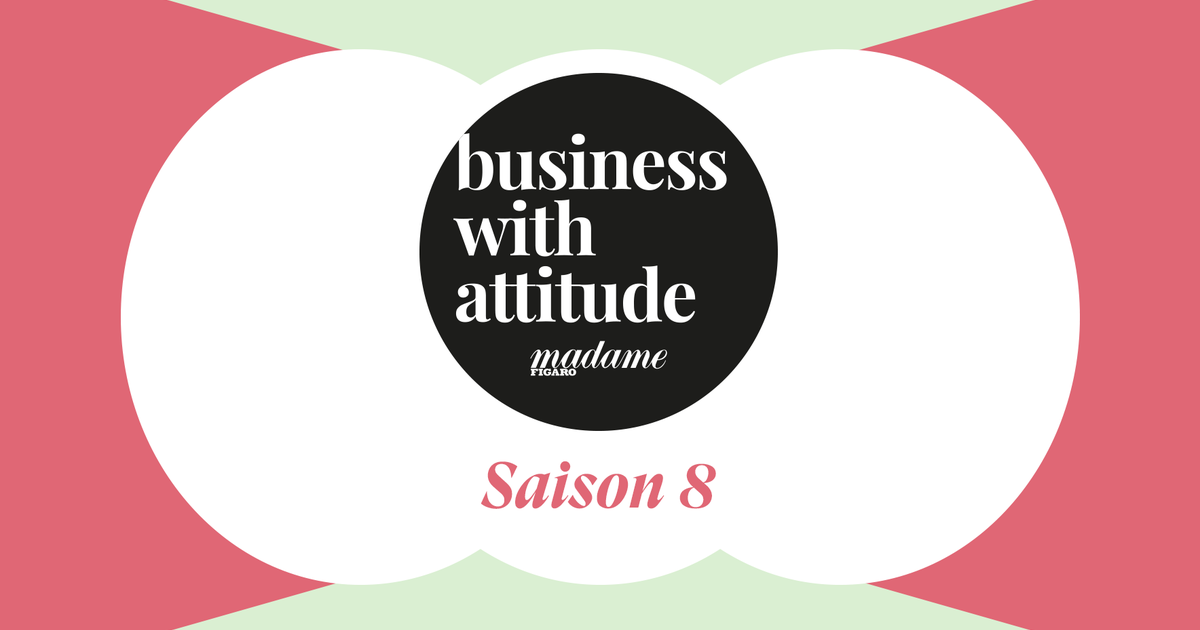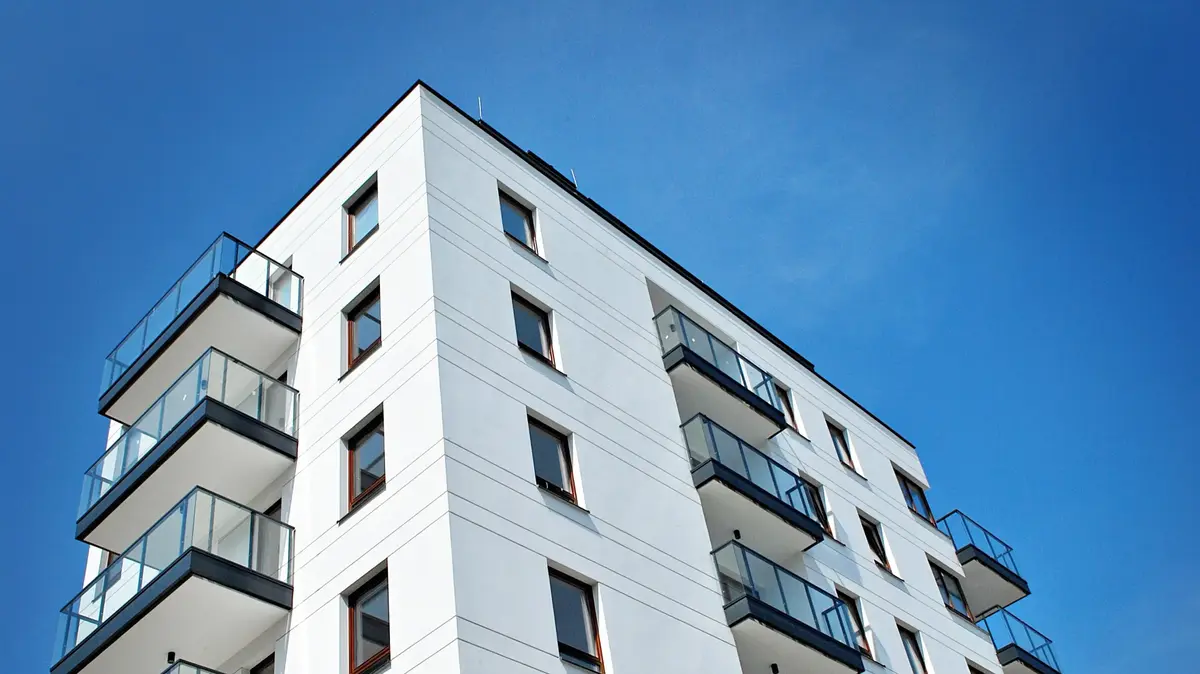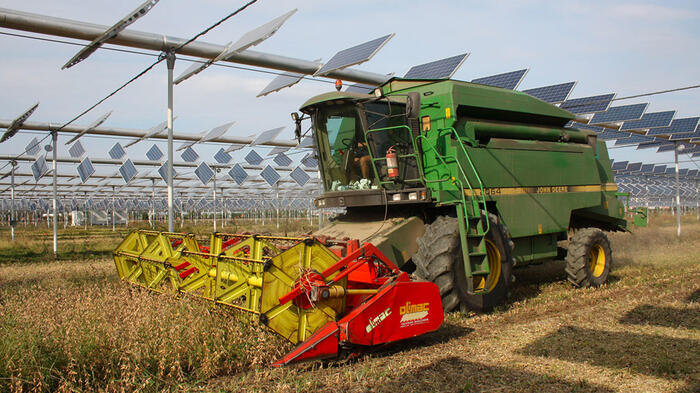Enlarge image
Endurance athlete: Antje von Dewitz gave
the outdoor specialist Vaude a new, clean image against some resistance and focuses on sustainability
Photo:
Philip Frowein
She recently went hiking in the Dolomites for a week. At home in the Swabian Allgäu - with the nearby Lake Constance in front of her eyes - she cannot storm any peaks, but there, too, she often leaves her old farm to explore the rolling hills on foot or by bike. In winter she also straps her skis there. So she also advertises herself, because of course Antje von Dewitz (49) always wears the right functional clothing from Vaude.
Hardly anyone embodies the target group of your company better than the co-owner and managing director of the outdoor clothing manufacturer Vaude in Obereisenbach near Tettnang. She says, "I'm an outdoor person." Of course, she is much more than just the model of her own products. With her clothes, rucksacks, shoes and bags, she also wants to sell an idea: that sustainable management is possible in our system, that economy and ecology are not opposites and that they can be combined in one company. She was always a few years ahead of the zeitgeist. Home office, climate neutrality and sustainability - she has taken the current buzzwords to heart since she took over her parents' company in 2009.
It was not a straightforward path to the top for her. Antje von Dewitz studied economic and cultural studies in Passau. Then she looked around, among other things, in the NGO scene. Her parents' company initially looked at them from a critical distance: "For me, business administrators were the nerds with briefcases, and what my father was doing there as an entrepreneur was hardly tangible to me."
Her father Albrecht von Dewitz founded Vaude in 1974.
Before that, he was managing director of a sports retailer and also enthusiastic about mountain sports, so he combined work and hobby in the form of his company.
The daughter initially watched him from the sidelines.
Only an internship at Vaude opened her eyes: "At Vaude, I can achieve more than in an NGO."
The middle of three daughters finally joined the father's company in 2005.
First she headed there
public relations, then marketing.
She worked closely with her father for four years, then he handed over to her in 2009.
With the daughter came the cultural change, for some it was also a culture shock. From then on, sustainability was no longer just a nice-to-have, it was declared a corporate strategy. She, who had previously done her doctorate at the Chair of Entrepreneurship at the University of Stuttgart-Hohenheim, turned almost everything inside out: Research and development, production, sales - the entire value chain.
Von Dewitz wanted fair working conditions in the Asian factories, but also a more balanced work-life balance for the employees in the head office.
"I don't want people to work until late at night," she announced at the beginning of her term in office.
That is why the mother of four disappeared earlier herself more often.
She introduced flexible working time models early on, and her own kindergarten was established.
The consequences: 60 percent of today's 530 employees are women, 43 percent of managers are women.
Antje von Dewitz leads differently than her father, namely more participatory. She remembers: "In the transition phase it was often the case that employees or managers came and said, Antje, make a decision." But Antje did not decide, Antje delegated. She calls this "a culture of shared responsibility" and concedes: "That was a difficult and also a very lengthy path. In the beginning, the decisions took longer because the process first had to be practiced."
The conversion of the production process also took a while. Vaude has around 50 production partners - mainly in China, South Korea, Taiwan and Vietnam. Four out of five products are manufactured in Asia. She herself tours Asia once a year. The inspections are carried out by teams on site. All factories must be audited and certified by the independent organization Fair Wear. Vaude also tells producers which materials they have to use. Because these should also be certified so that the entire supply chain is sustainable. So that the Asian partners better understand Vaude's philosophy and wishes, they are invited to Obereisenbach once a year. They are also networked with one another in online chat groups,to exchange their experiences there and to learn from each other about sustainability and social standards.
Transparent production
For six months now, customers have also been able to see where Vaude produces which article under which conditions.
On the homepage you can read "Where made?" For the respective product.
click and learn more about the factory on site in words and pictures.
All of this costs money.
Sustainability does not come for free.
Antje von Dewitz says: "It is of course more expensive because I take on all of the costs that other companies simply externalize."
In the beginning, Vaude had to shoulder the additional costs - for example for environmentally friendly production - entirely on its own.
It is now better because the producers are also participating.
So that companies like Vaude that strive for sustainability are not put at a disadvantage compared to their competitors, Antje von Dewitz has campaigned strongly for the recently passed supply chain law, including joint appearances with Gerd Müller, Federal Minister for Economic Cooperation and Development.
However, Vaude does not only oblige producers to operate socially and ecologically.
In the glass headquarters in Obereisenbach, too, the developers should think and research sustainably.
"Over the years, sustainability has become a very important driver of innovation for us," says Antje von Dewitz.
An eight-person innovation team - including experts in bioplastics and natural fibers - is constantly looking for alternative solutions for environmentally harmful materials.
The results are, for example, fleece jackets made from wood fibers or functional pants made from old tires.
But do customers want such products at all, do they reward these efforts?
"In the beginning only a few customers were interested in sustainability," says von Dewitz about her first years as Vaude boss.
Today people are becoming more and more aware that their purchasing decisions also determine the world in which we live.
Of course, she knows that her clothing, shoes and bags don't just sell because they have the sustainability seal.
They also need to be functional and look good.
Obviously, the company from Upper Swabia has succeeded in combining chic and eco-friendly.
Vaude can assert itself well in competition with Deuter, Jack Wolfskin, Mammut, Patagonia and Schöffel.
In 2020 a turnover of around 110 million euros was achieved.
For this year an increase in turnover of 13 or 14 percent is expected.
Around 60 percent of sales are still achieved in Germany, but von Dewitz now wants to promote internationalization.
Selected finalists in the sustainability category
Open area Thomas and Barbara Hagedorn
In the coming years
many power plants are shut down. To lay them in ruins, many operators will call a company in Gütersloh - Thomas Hagedorn GmbH. She is the biggest scraper in the country. For Thomas (50) and Barbara Hagedorn (52), power plant dismantling is a future market in which they want to achieve half of their sales in the medium term. Hagedorn currently has a turnover of over 300 million euros. With "brains and pears" (manager magazin 11/19), but also gigantic excavators, his 1,100 employees move in when something needs to be demolished somewhere. The hawthorns are not just destroyers, they convert rubble into new road building material, for example. They also buy up old industrial areas, renovate them and sell them on as building land. Hagedorn calls the strategy "from brownfield to greenfield".Did political economist Joseph Schumpeter think of such entrepreneurs when he coined the term "creative destruction"?
AreaRobert noise expansion
Robert Rausch (34) travels
more often to Costa Rica. No, not to go on vacation in the beautiful Central American country, but to look there for the raw material from which he makes fine chocolate products in his native Berlin. The company has been operating a sustainably managed fine cocoa plantation in Costa Rica since 2014. Robert Rausch has been running the traditional Berlin house in the fifth generation since 2015. During his tenure, besides his engagement in Costa Rica, he achieved a lot. The converted chocolate house on Gendarmenmarkt was opened in 2018, where sweets are presented on three floors. Because Rausch wants to control the value chain himself, he has also radically rebuilt sales. The high-quality and therefore expensive Rausch chocolate has only been available in the chocolate shop or online since 2015.You can no longer find intoxicating chocolate on the shelves of the trade. To do this, he produces a much cheaper plantation chocolate for Lidl under the JD Gross label. It contributes a large part of the turnover of around 110 million euros.
Andreas Hoffmann open area
The German solar industry
has seen many
downsides
in recent years.
But a relatively unknown company was spoiled by the sun: Greencells GmbH in Saarbrücken.
While corporations like Q-Cells or Solarworld disappeared from the scene, Greencells survived.
Why?
You do not manufacture modules or entire photovoltaic systems, but operate solar power plants.
As a general contractor, you are responsible for the planning, procurement and construction of solar parks.
"We start in the so-called middle development phase," says Greencells co-founder
Andreas Hoffmann
(43).
This is the phase in which the legal hurdles have long been overcome and the financing is secured, so there is a high level of planning security.
Greencells has already planned and completed over 130 solar power plants in 25 countries.
Most of them are in Europe, but the largest is in Abu Dhabi.
Greencells started in 2009 as a two-man booth with the founders Andreas Hoffmann (now CEO) and Marius Kisauer (CFO).
Today the company has around 300 employees and has a turnover of almost 100 million euros.
2021 will probably be the best year in the company's history, announced Hoffmann.
And he exudes confidence for the next few years too, because projects worth over 800 million euros are on the order books.
Dealers are pulling along
Vaude has a good position among German retailers. "We had almost no cancellations - especially in the times of Corona crisis - which certainly has something to do with our culture," says von Dewitz, who relies on a good partnership. That was not always so. She still remembers her first years at Vaude: "I often heard from retailers: Nice, what you're doing there. But you have to be aware that no customer asks about it." But that changed over the years. Antje von Dewitz: "When people come into the store, have questions and make demands, I, as a good dealer, want to be able to answer yes."
Vaude founded the Green Shape production standard years ago so that retailers have answers to these questions.
The retailers' sales teams are trained there over two days so that they can then explain the benefits of sustainable outdoor clothing to customers.
Because the Green Shape initiative is well received, Vaude founded the Vaude Academy for sustainable business last year.
Experts from the company report there on their experiences with the implementation of the sustainability strategy.
Companies from a wide variety of industries get this tutoring, including Vaude's competitors.
But won't Vaude lose its competitive advantage if everyone becomes sustainable?
Antje von Dewitz counters calmly: "No, we are so far ahead. Nobody can catch up with us that quickly."




